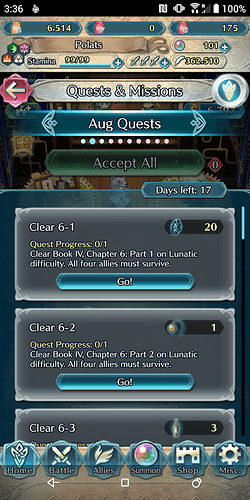Who Are You
Heyo @owocki and fellow Gitcoiners! I’m Paul Gadi, co-founder and CTO at OPGames. We’re bridging game developers to Web 3.0 by building the open-source tools to make it as simple as possible for them to start integrating with the blockchain.
We’re calling these tools Game Legos: in the same way that Money Legos was able to bring about the DeFi renaissance, we feel these Game Legos will be instrumental in bringing about the coming NFT Game revolution.
Game Legos are also perfectly in sync with the goals of this RFP. We’re building them open-source and as simple, robust, and composable as we can.
What Is Your Proposal to Build This
Same as our PFP proposal, we believe this should be built as a Game Lego on top of @austingriffith 's scaffold-eth. We believe Scaffold-eth is not only the framework with the most solid foundation but is also the fastest way for developers to get started in Web 3.0. It also has a strong community of builders behind it that we could tap to continue improving the project.
Creating a generic Quests component is very complicated, @DragonDev1906 has done a great job of breaking down an implementation. We’re approaching it from the Game Lego perspective, where we’re aiming for game developers to start using it for creating quests for their games and reward their players with on-chain assets. An example game with quests is shown below:
The first version will focus only on the creation and completion of quests. We will create a form on top of scaffold-eth where game developers can create quests and save them on a smart contract. We will then have an example HTML5 game that players can play where they can login, see available quests and attempt the quest. Finally we will have a server backend that communicates with a smart contract that validates quest completion (at least until we can properly do this in a decentralized way).
The backend is unfortunately centralized for now, similar to how quests are evaluated on current games. We can use an open-source multiplayer game server for this such as Nakama or Colyseus, which should have some battle-tested security checks against cheating. The multiplayer game server will then have a private key which can allow it to validate quests on the smart contract and send out the reward.
What Is Your Timeline To Build This
We estimate this will take 2 months. There are a lot of moving parts though and there are still a lot of unknowns!
What Do You Need
- Being able to consult with Quests development team, so we can more easily address any issues with migrating over the code and also write solid documentation
- OPGames can assign a team of developers on it for 10 ETH to build the initial version
- We’d be interested in collaborating and exploring how to make the project sustainable even after the RFP
Thanks for reading, we’re open to suggestions and comments!
